Happy Father’s Day! At Bella Luna Toys, we wanted to wish all the dads a day of celebration and to know how much we appreciate all of their hard work. And as we reflect on the role of dads, we wanted to reach out to a couple of fathers who also teach in Waldorf schools. Hearing from these two dads on how the Waldorf philosophy informs their parenting is a fascinating and thought provoking look into some of the essentials of the Waldorf way.
Waldorf teacher Robert Kaczor shared with us how he appreciates the ways in which Waldorf philosophy is shaping the lives of his children. The number one thing he values is how this way of learning fosters “imagination as a tool for learning. Allowing children to imagine their own answers to questions seems to strengthen their critical thinking skills from a young age.” Rob also expands on how Waldorf education instills confidence in his children to “recognize the skills and gifts that they have to offer- even if it is not literacy or arithmetically based. To have opportunities to be a leader in the class in body coordination, artistic, musical, performance, or social emotional skills gives children a more even playing field in recognizing their value and the value of their interests and talents.”
Rob works with many fathers in his community and one of these fathers recently shared that he was “surprised and really appreciative that his daughter was being taught through an engagement of her feelings- something deeper than learning by rote or through a purely intellectual experience. He appreciated the way learning is not only engaged through poems and songs, but also how his daughter learns other ways of expressing herself, emotionally, and through art and music.” In working with other parents, Rob “appreciates the community of like-minded dads, parents, friends that build bonds, support, and work together to guide the next generation to their own destinies.”
Truly, parenting takes a village, as they say, and the community spirit of Waldorf philosophy encourages this sharing of the journey. Another inspiring Waldorf dad is Nathaniel Santa Cruz, who along with his wife, Lisa, is the co-founder of a Waldorf preschool called Wondergarten. Nathaniel shared some of his philosophies on fatherhood through the Waldorf lens. To learn more about Wondergarten and to read the complete interview, visit their website, Wondergarten.net.
First, tell us a little about your family, number of children, ages, etc.
Lisa and I have three children; twin four-year-old boys named Gabriel and Alexander and one baby girl named Sophia, who is 20 months old.
What is the part of fatherhood that you find the most fulfilling?
The most fulfilling part of fatherhood took me by surprise. As my children grew older, my desire to bond with them became an invitation to return back to the Kingdom of Childhood. How so? Well, that is where my children live, and if I wanted to be with them, that is where I had to go. I could not hope, nor should I dare, to take them out of their kingdom and bring them into mine — the dark and often treacherous world of adulthood.
In other words, in order to really connect with my children, I needed to become a child again, capable of seeing the world anew through their eyes — as if I were experiencing things for the first time again, just as they are. I found myself desiring to share their joy, to share their excitement for simple things — to laugh and smile as they do, with eyes that twinkle upon the good and beautiful things of the world. I needed to become a child again, not in behavior, but in heart. After becoming a father, it was as if Peter Pan himself flew to my window and extended his hand — “Come back! — back to Neverland! Your children are waiting for you there!” Would I accept the invitation? Would I go?
On good days, when I’m on top of my responsibilities, eating and sleeping well, when the waters seem calm, I can readily accept the invitation and join my children as a lost boy with eyes that can see fairies dancing in the sky. However, on other days, when I’m tired, stressed, or behind on work, when the waters begin to rise, I find it much more difficult to accept the invitation. On those days, I feel more like Captain Hook, who sees children as a nuisance — a disturbance to his peace of mind and a hindrance to things that need to get done. “I must steer this ship! Out of the way!”
But what I’ve learned is that if I wish to refrain from becoming Hook, I must master the treacherous waters. I must do everything in my power to ensure that I am in the right state of mind — and peace of mind only comes with safety, security, and calm waters. As a Father, my motivation for navigating these waters is no longer just for personal peace, it’s to return home with my children upon the green grass. This is the story of Fatherhood. We all long to return so that we can join our children in the meadow; so that when there is a knock at the window, there is no reservation— no thought of "I can’t right now, I’m busy" — but instead, we can joyfully leap into the clouds and meet our children where they are — in the Kingdom of Childhood — back in Neverland. Moments when I can make the leap, are, indeed, the most fulfilling part of not only Fatherhood — but of my life. This is why I love Waldorf Education and why I love being a Preschool Teacher. It is a bridge for me to return and crossover and join my children in flowering fields of green. This is also why Lisa and I started Wondergarten — to not only to protect the Kingdom of Childhood, but to create a way for us — all of us — to join them. Waldorf Education is such a bridge.

Do you have any words of advice from a father figure that stick in your head as you parent?
While I have had many Father-figures in my life, many of whom have admirable qualities which I have strived to emulate, many of the words of advice come from books I have read — authors writing upon subjects that are not always directly related to parenting or fatherhood. Of course, one such figure is Rudolf Stiener, a philosopher of education, among other things too. In his lectures titled The Kingdom of Childhood (1924), he makes a statement that had a profound impact upon my outlook as a teacher — and especially as a Father. Paraphrased:
Everything you do must be worthy of imitation.
This was a statement that brought immense clarity to my conduct. It was both an empowering and frightening realization. Think about it — your child will imitate everything you do — the good and the bad. They are amplifiers of all your strengths and weaknesses. So then, what are you hoping to see? What would you like your children to become? Reading this and digesting it was a wake-up call for me. If I hoped my children to become anything, then I — their Father — must become that thing first. If I want my children to be loving, respectful, and grateful, then I must demonstrate those qualities through my daily conduct. If I want my children to love reading and learning, and have a capacity for art, music, dance, etc., then I need to exemplify those qualities first. Suddenly, every shortcoming of my own existence became glaringly obvious, and I had work to do. In short, teaching myself became the best way to teach my children — not directly, but indirectly through imitation and example. I needed to check myself because now I had the opportunity to become something better for the sake of my children. Water — as they say — cannot rise above its source. We — parents — are the source of water from which all qualities flow, so we must be mindful of what we allow to drift downstream.
Another piece of advice that I always recall was given to me by a friend. Lisa and I had just become parents, and while holding our newborn sons, he casually mentioned, “They will never be this small again.” For some reason, that statement hit me like a 7-ton truck. I never forgot it. Every day when I look at my children, they will never be this small again. Suddenly, you have a sense of how quickly time will pass by. Their early years are already gone. They will never be that small again. What am I doing then — in this very moment? Have I become complacent with them as they play in the corner of the room? Soon they will never do it again either. Am I missing it? What I am prioritizing instead? These are the questions that flood my mind every time I think of this statement.
Taking the time to pause and reflect upon the events passing before our eyes is something I must do at least on a weekly basis — daily if possible — and it must be built into the rhythm so that I don’t miss it. When all is said and done, I wish to look back with a full heart and healthy, thriving children who still love their parents. That is what we are all hoping for — is it not?

Is there something that you often say to your kids that you hope they will remember when they are parents?
For Lisa and I, our greatest hope is that our children will not only remember, but live by the family values we wrote down shortly after our boys were born. Lisa and I began by taking a long hard look at the talents we both possessed and the interests that initially drew us together when we first started dating. What was it that we liked about each other? What makes us — us? What drives us? What excites us? It took about 6-months of regular conversation to nail down those things we both truly value, and we settled upon this statement:
In all things, we seek
Goodness, Beauty, & Truth
with Gratitude, Love, and Respect
for the Greater Glory of God.
That is what we do and who we are. It is the what, how, and why of our lives. Everything we do in our family — in our home — is checked against this statement. What are we pursuing? Is it Truth, Goodness, or Beauty? Or is it something else? How are we doing it? Are we acting out of Love? Are we Grateful? Are we being Respectful? Why are we doing it? Our greatest hope, then, is that when our children leave our home and are sent forth into the world, in whatever state they find it, they carry these values in their hearts and live by them. If they can do that, then Lisa and I will feel complete in our work as parents.
What do you most appreciate about how Waldorf informs your fatherhood journey?
Given our family values above (which were written before we discovered Waldorf Education), you may be able to understand our pure excitement when we discovered an entire framework of education built upon concepts of Truth, Goodness, and Beauty. While there are a host of other reasons why Lisa and I adore Waldorf Education, the fact that the entire approach aligned with our deeply held values is what brought me in. To offer a very brief overview, Rudolf Steiner classifies child development into three stages divided into 7-year cycles, and each stage focuses on either Truth, Goodness, or Beauty.
The Age of Goodness (0-7) – Focus on the Goodness of the world, in nature, and in people
The Age of Beauty (7-14) – Focus on the appreciation and cultivation of Beauty in the arts
The Age of Truth (14-21) – Focus on the discernment, discourse, and defending of Truth
Understanding this framework of 7-year cycles really helped me address a number of concerns I had, including how and when to introduce certain concepts to my children. The general rule of thumb to follow is this: wait until the seasons are right. Could we plant corn in the winter? Yes, but should we? Probably not. It would take a lot more work for likely poor results. This is the entire model of Waldorf Education — classifying the appropriate things for the appropriate developmental age. This enables us to say, “Yes, we will introduce these concepts, but not yet.” Like nutrition, it is not what we eat, it is what we absorb. The body can only handle so many vitamins and minerals before the rest is dumped. Children are the same way. Steiner argues that we ought to wait until children are ready to receive. Plant when the season is right, and your seeds will blossom.
Currently, our children are still in the Age of Goodness, and so much of what we are doing now is focused on creating experiences that teach our children how to see the goodness that exists in the world. Hence why our motto for Wondergarten is Good & Beautiful Childhoods. It’s not only tied to the foundation of Waldorf philosophy but even more deeply tied to our family values.
Now, as a father, I have to give some special credit to Kim John Payne, who authored a very popular book titled Simplicity Parenting, which is often referred to as the unofficial Waldorf guide to parenting. Having read most of his work, much of which our own methods of parenting are now based upon, the Soul of Discipline was especially helpful to me as a Father. Though it is not explicitly mentioned, the influence of Waldorf Education and seven-year cycles can clearly be seen in his work, wherein he takes this approach to classify the roles of parents based on these very same stages. This is how he breaks it down.
Governor (0 ~ 7) -Emphasis on “I (the parent) will decide.”
Gardener (7~14) - Emphasis on “Tell me your plans. I will listen carefully, and then I will decide.”
Guide (14 ~ 21) - Emphasis on “Let’s figure out how to stay close to your hopes and aims.”
In my appreciation for the Waldorf approach to education, Kim John Payne has done a wonderful job bringing it into the home where we can apply the same principles as parents. Reading his work was immensely helpful, especially in understanding how my role as Father changes with each developmental stage. I think often we are tempted as parents to be Guides to toddlers and Governors to teens when we ought to be Governors to toddlers and Guides to Teens. Seeing the framework not only in the education of my child but also applied to the very foundation of how I am parenting as a Father has been the most enlightening event of the decade. I discovered a map! One that outlines all the roads, the prairies, the pitfalls, and even the destination. Finally, a sense of clarity and security came about with knowing when the seasons will change and how to prepare for them. The framework of Stiener’s philosophy, both in the classroom and in the home, has become one of our most treasured possessions, both as teachers and as parents.
What advice would you give new fathers as they embark on this Waldorf path?
I am now 31 years old and have been acquainted with the philosophy of Rudolf Steiner since before having children. In that time, the most important thing I have learned is this: It does not matter what you teach; what matters is who you are. That is the main point that Steiner makes. This is why you cannot just send your children to the best schools; children must first have the best parents. Therein lies the heart of development, which falls upon our plates as parents. Becoming a Father does not end with having children, it begins with having children.
Nathaniel Santa Cruz,
Co-Founder, Wondergarten





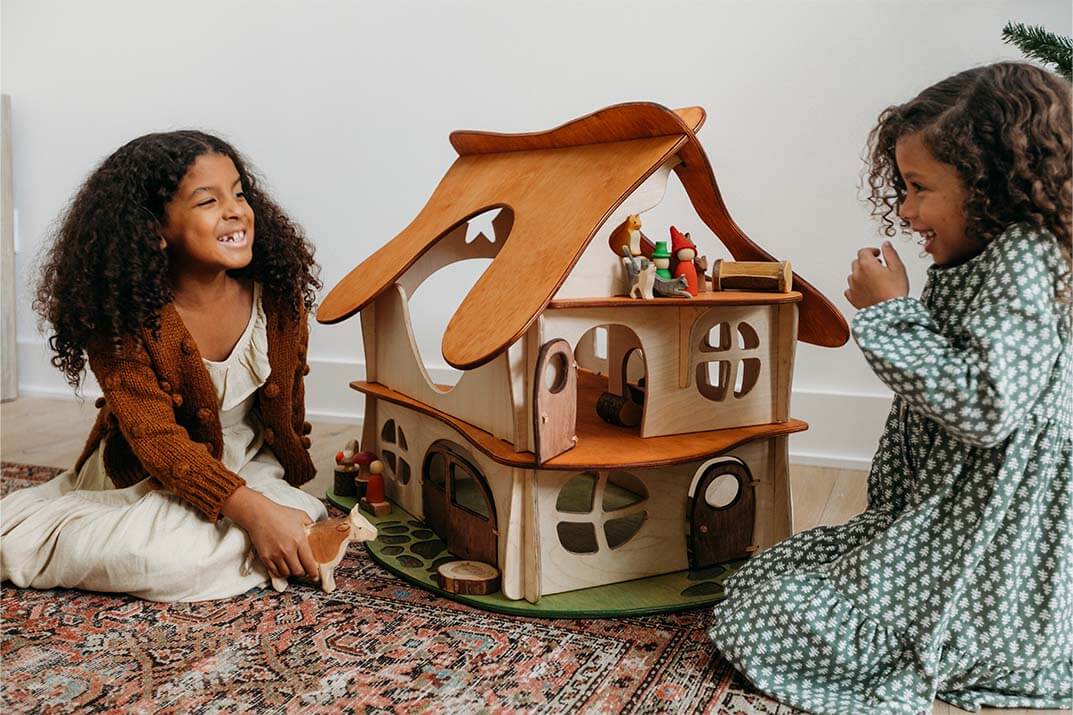



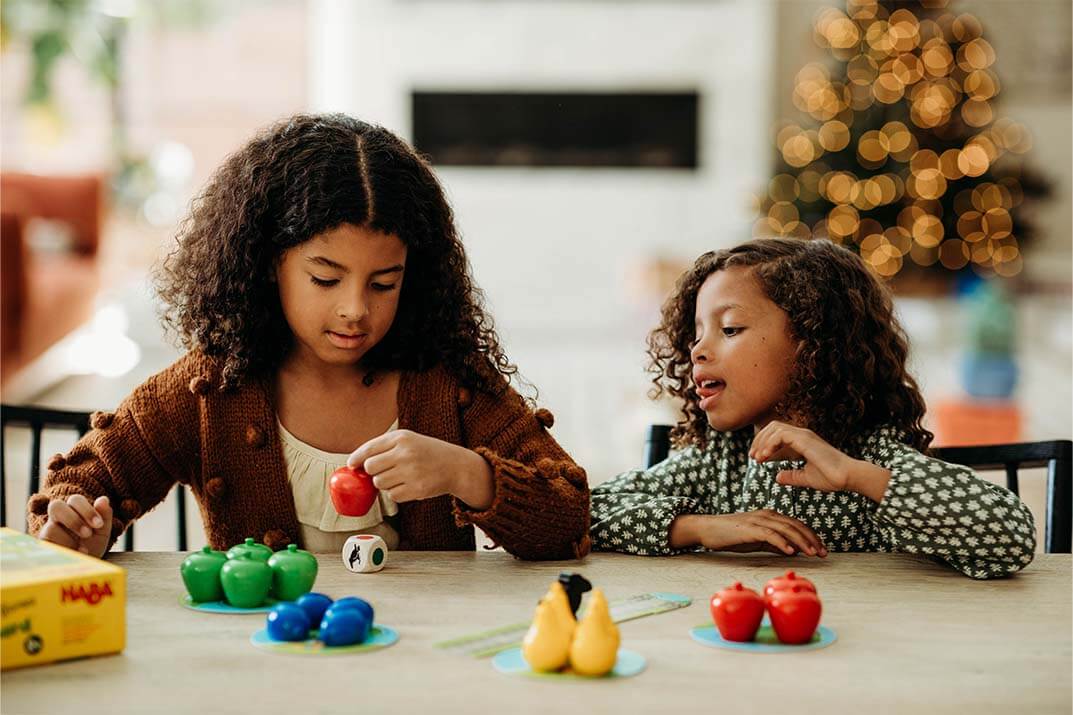











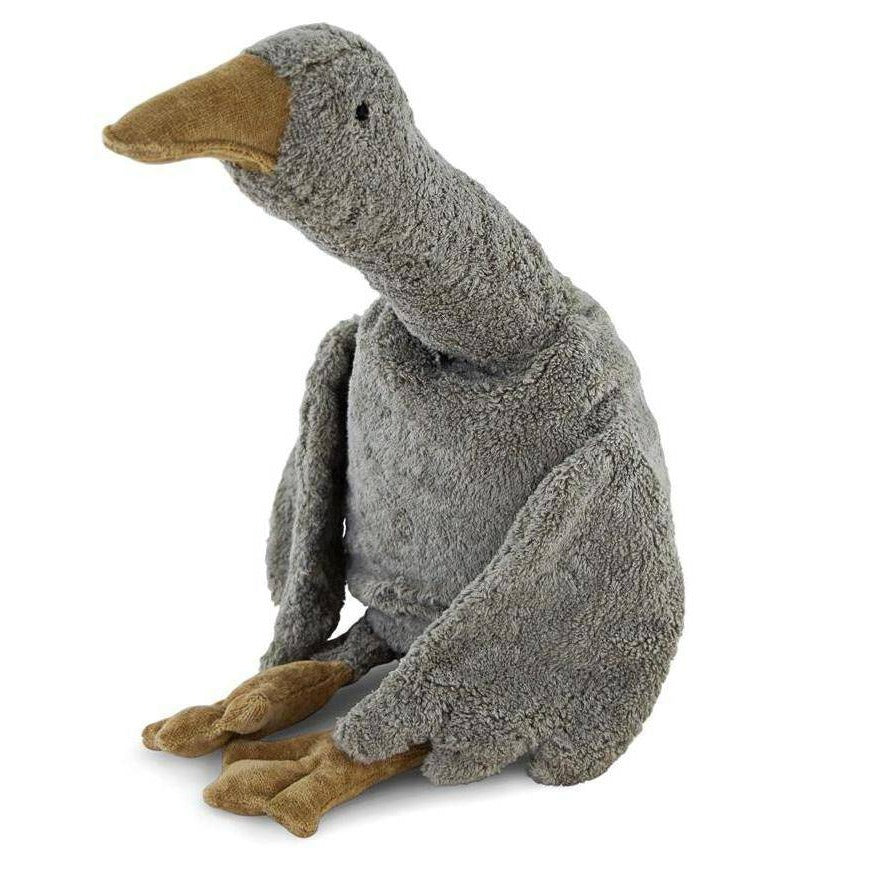
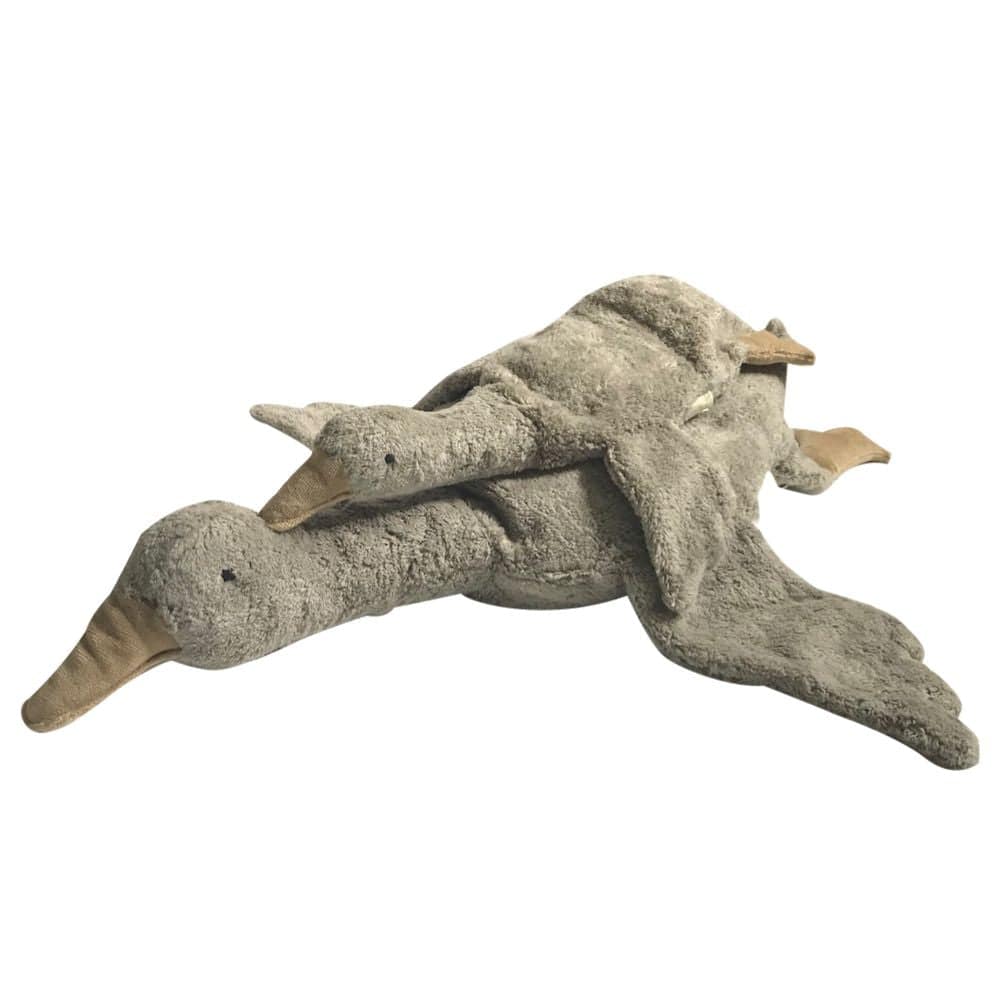



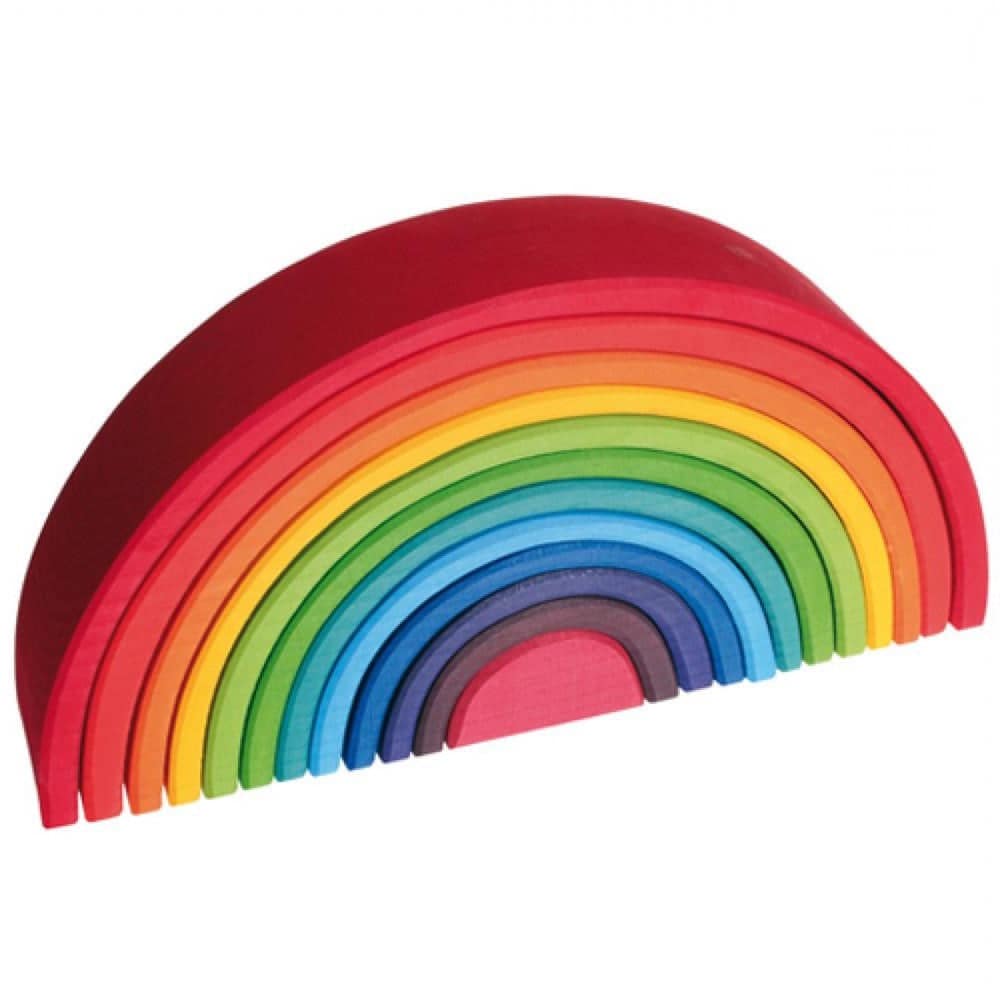
Leave a comment